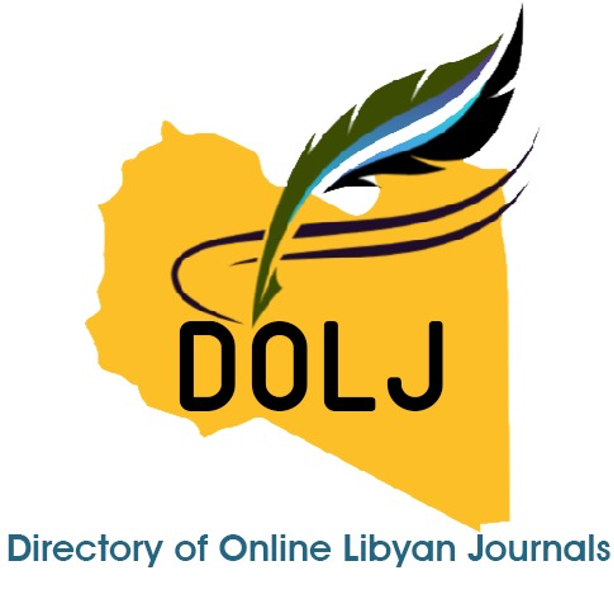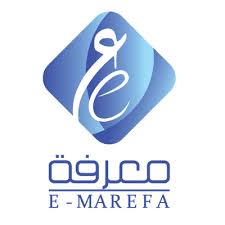The Impact of Constructive Feedback on Speaking Self-Efficacy among English Department Students, Faculty of Arts, Misurata University
DOI:
https://doi.org/10.36602/faj.2025.n20.08Keywords:
Oral feedback, Self-confidence, Positive feedback, Emotional readinessAbstract
This study aims to understand how oral feedback affects English-speaking self-confidence among students in the English Department at the Faculty of Arts, Misurata University. The research investigates the impact of various aspects of feedback, particularly clarity, tone, timing, and presentation, on students’ willingness to engage in speaking activities within the classroom. In this paper, mixed methods are applied, including responses to a questionnaire from 41 English students and semi-structured interviews with 12 participants. The findings indicate that students appreciate positive feedback but prefer clear and personalized comments that are aimed at guiding their progress. Clear and encouraging feedback enhances speaking confidence, while unclear information or openly shared comments tend to have the opposite effect. Additionally, students’ levels of emotional readiness influence how they receive and respond to the feedback. According to the study, EFL teachers should focus on both correcting mistakes and supporting learners’ emotional needs. It suggests adopting more responsive feedback techniques to bolster students’ confidence in their speaking abilities in Libyan classrooms.
References
Abukhattala, I. (2015). The use of technology in language classrooms in Libya. International Journal of Social Science and Humanity, 6(4), 262–267. DOI: https://doi.org/10.7763/IJSSH.2016.V6.655
Asswail, S. E. (2020). An investigation into the challenges EFL Libyan university students encounter in English speaking classroom [Doctoral dissertation]. University of Zawia.
Au, H. Y. C., & Bardakçı, M. (2020). An analysis of the effect of peer and teacher feedback on EFL learners’ oral performances and speaking self-efficacy levels. International Online Journal of Education and Teaching, 7(4), 1453–1468. https://files.eric.ed.gov/fulltext/EJ1271038.pdf
Bandura, A., 1977. Self-Efficacy: The exercise of control. W.H. Freeman and Company. New York.
Bandura, A. (1977). Self-efficacy: Toward a unifying theory of behavioral change. Psychological Review, 84(2), 191-215 DOI: https://doi.org/10.1037//0033-295X.84.2.191
Brown, H. D. (2007). Principles of language learning and teaching (5th Ed.). New York: Longman
Derakhshan, A., Khalili, A. N., & Beheshti, F. (2016). Developing speaking skills through task-based instruction in Iranian EFL classrooms. International Journal of English Linguistics, 6(2), 54–63. DOI: https://doi.org/10.5539/ells.v6n2p177
Elabbar, A. (2011). An investigation of influences affecting Libyan English as a foreign language university teachers’ conceptions and practices of classroom feedback. (Doctoral dissertation, University of Exeter).
Ellis, R. (2009). Corrective feedback and teacher development. L2 Journal, 1(1), 3-18. DOI: https://doi.org/10.5070/L2.V1I1.9054
El-Jeadi, F. B., Benrabha, A. A. M., & Rubiaee, A. A. M. (2023). The lack of teacher student interaction in libyan efl classroom. Al-Tarbawi Journal, 22, 45–72. University of Al-Merqab, Faculty of Education, Alkhums.
Elsaadi, N. M., & Aqila, M. (2023). Identifying the factors that affect the oral participation among EFL Libyan understudy learners at the department of English, Sirte University. Sirte University Journal of Humanities, 13(2), 247–256. DOI: https://doi.org/10.37375/sujh.v13i2.2455
Hossain, K. I., Ahmed, M. K., & Mahmud, M. S. (2024). A comprehensive review on the impact on teacher feedback in language development for ESL/EFL learners. IUBAT Review, 7(1), 218–229. DOI: https://doi.org/10.3329/iubatr.v7i1.74421
Hattie, J., & Timperley, H. (2007). The power of feedback. review of educational research, 77(1), 81-112. DOI: https://doi.org/10.3102/003465430298487
Khalid, K. A. A. (2021). A study in English speaking skills among the university students in south Libya. Journal of Human Sciences, 20(4), 61–65. DOI: https://doi.org/10.51984/johs.v21i4.2266
Maharani, R. (2022). The correlation between EFL students’ self-efficacy and their speaking ability. RETAIN: Journal of Research in English Language Teaching, 10(01), 156-163.
Nasution, F. S., & Nissa, K. (2024). Investigating students’ level of self-efficacy in speaking performance of Thai EFL learners. ESTEEM Journal, 7(2), 311–323. DOI: https://doi.org/10.31851/esteem.v7i2.14966
Orafi, S. M. S., & Borg, S. (2009). Intentions and realities in implementing communicative curriculum reform. System, 37(2), 243–253. DOI: https://doi.org/10.1016/j.system.2008.11.004
Owhda, A. A. M. (2023). Developing Libyan Students’ Speaking Skills: Problems and Solutions. Human and Community Studies Journal, 20(4), 1-10.
Rao, S. P. (2019). The importance of speaking skills in English classrooms. Alford Council of International English & Literature Journal, 2, 6-18.
Smith, J., & Johnson, L. (2023). Effective feedback techniques for professional growth. Journal of Communication, 15(2), 45-60.
Sotlikova, R. (2023). Students’ attitude towards teacher feedback: A case study of Uzbekistan EFL learners. Asian Journal of Assessment in Teaching and Learning, 13(1), 59–66. DOI: https://doi.org/10.37134/ajatel.vol13.1.7.2023
Tawir, K. M. O., & Baharum, H. I. B. (2024). Factors affecting low English-speaking proficiency among secondary school EFL learners in Libya: Scoping review. International Journal of Academic Research in Progressive Education and Development, 13(4), 2160–2175. DOI: https://doi.org/10.6007/IJARPED/v13-i4/23810
Wang, C., & Sun, T. (2020). Relationship between self-efficacy and language proficiency: A meta-analysis. System, 95, 102366. DOI: https://doi.org/10.1016/j.system.2020.102366
Downloads
Published
How to Cite
Issue
Section
License
Copyright (c) 2025 خليفة محمد شنينة، نسرين بوشعيب بوالهنى

This work is licensed under a Creative Commons Attribution 4.0 International License.
All works published in this journal are licensed under the Creative Commons Attribution 4.0 International License (CC BY 4.0), which permits use, sharing, adaptation, and redistribution for any purpose, including commercial ones, provided that proper credit is given to the original author and source, a link to the license is provided, and any changes made are indicated.

















